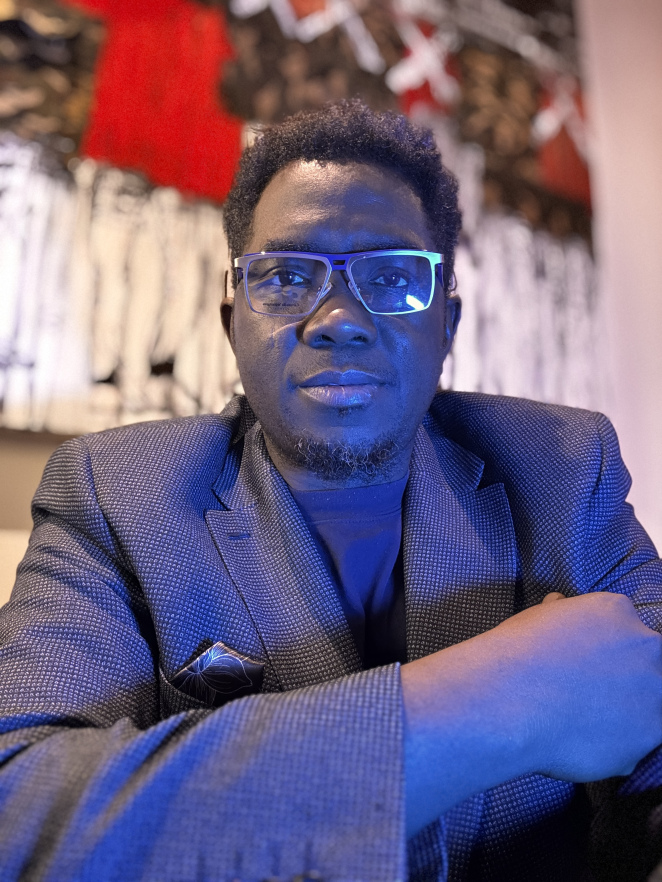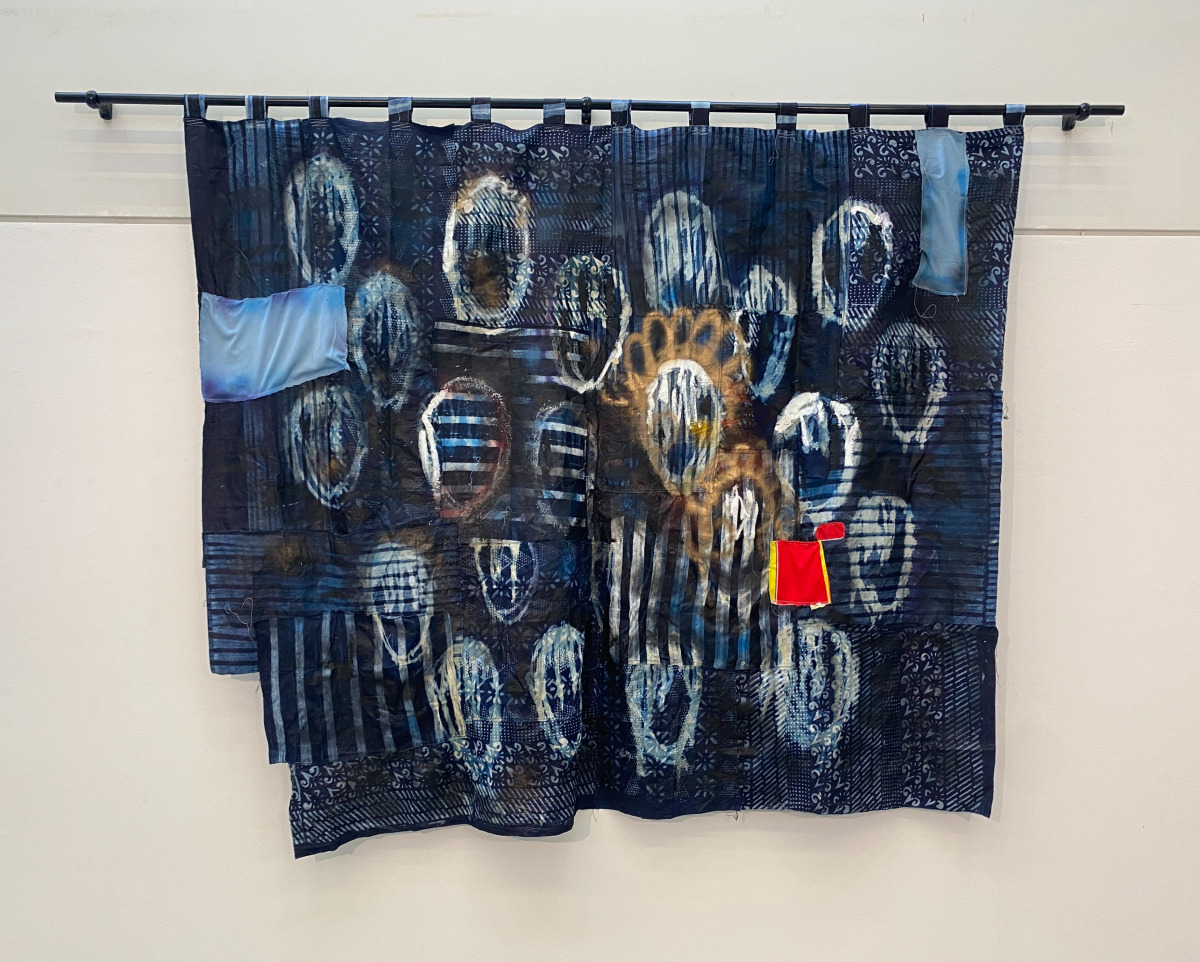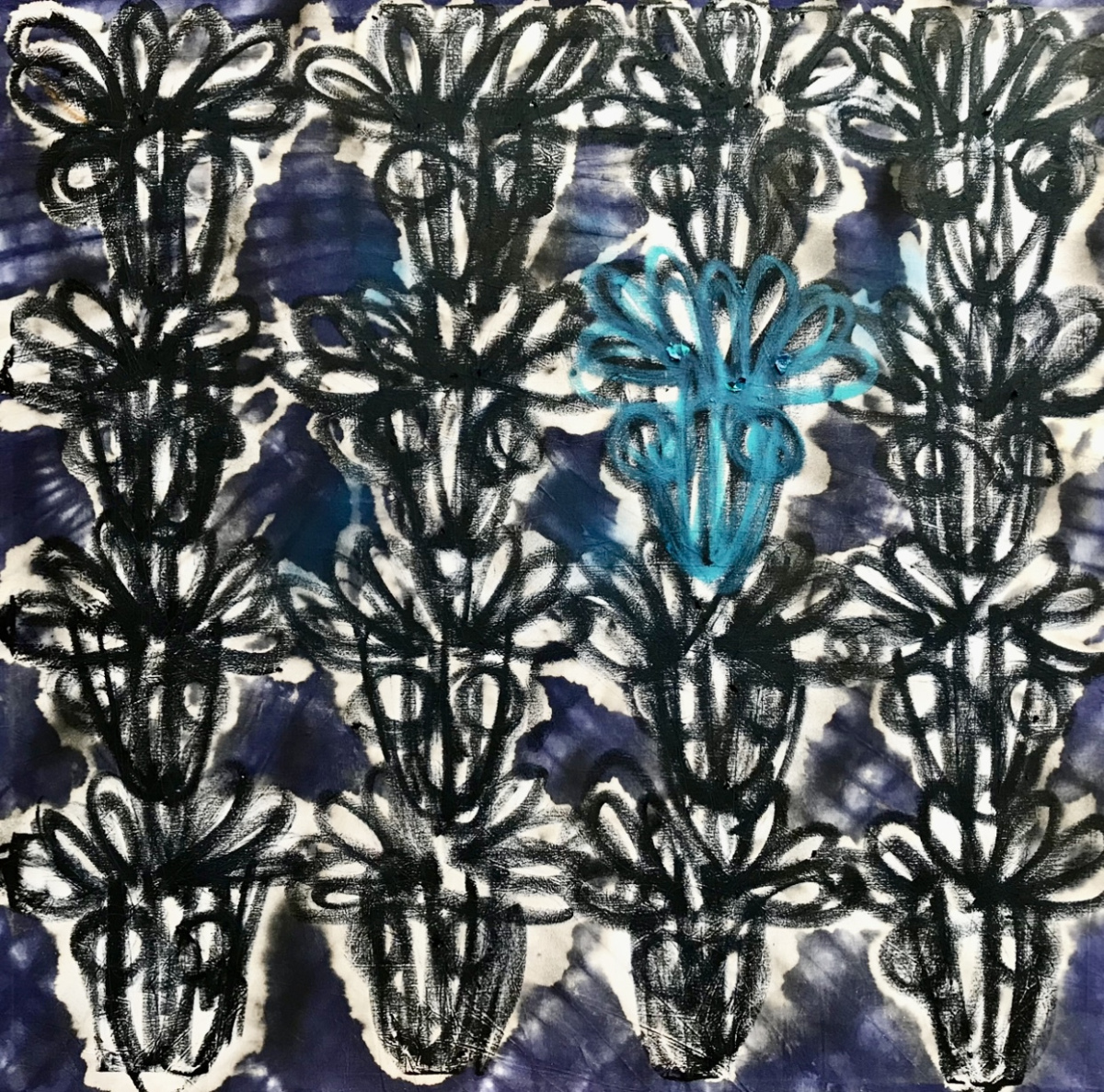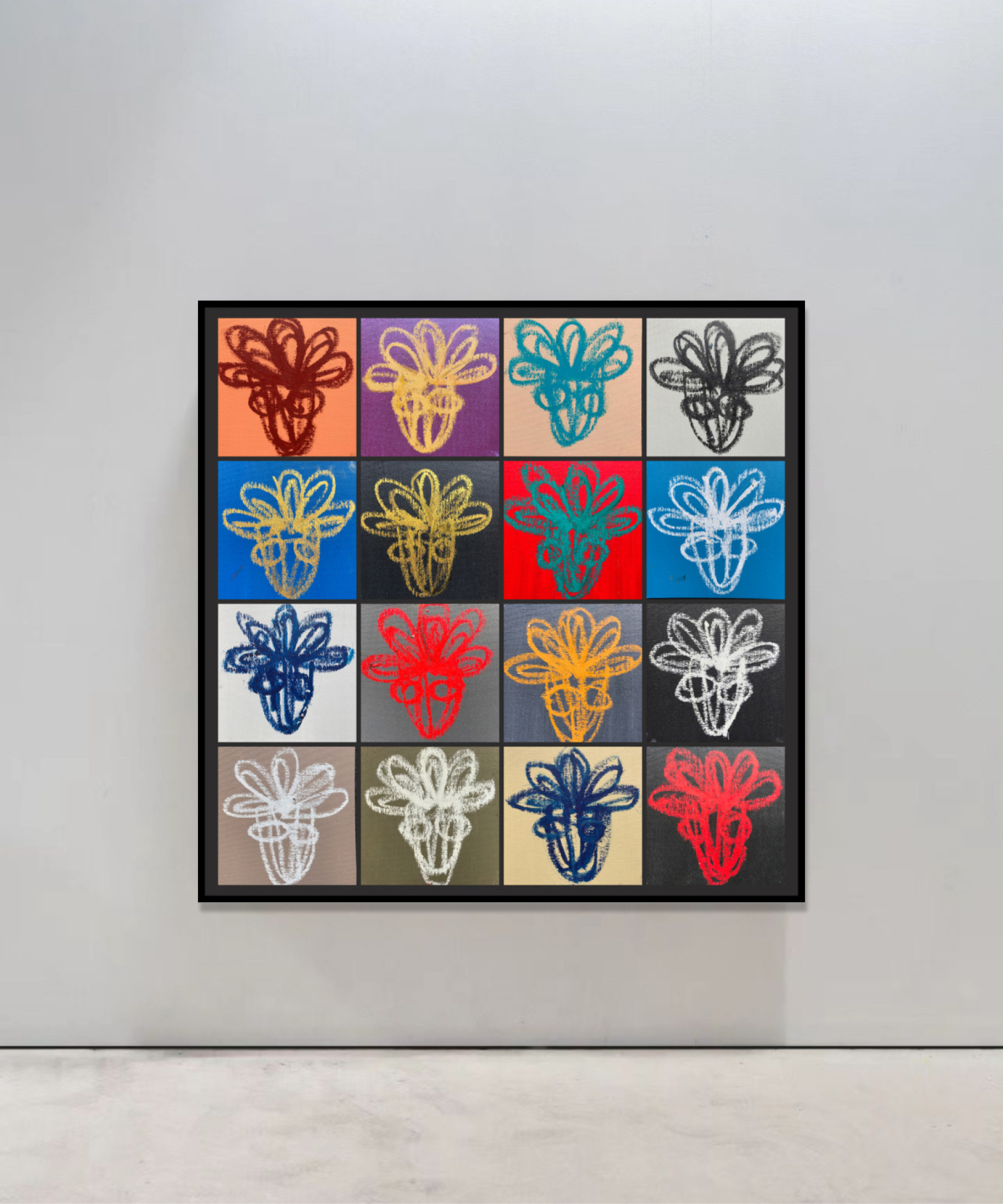Suraj Adekola
Suraj Adekola
Contemporary Artist | Visual Storyteller
Exploring identity, culture, and the human experience through vibrant abstract and contemporary art.
Featured Works
Curated selections from recent collections

About the Artist
Suraj Adekola (b. 1983) is a contemporary artist whose work bridges the gap between traditional African aesthetics and contemporary art. His artworks explore themes of identity, cultural heritage, and globalisation.
With works featured in galleries across the globe, Suraj continues to push boundaries and challenge perceptions through his unique visual language.
Original and Prints are available on demand. And ready to be delivered globally.

We should all be Black series
In We Should All Be Blacks, I explore the intricate relationship between Blackness and Britain, drawing from postcolonial theories and historical material. Central to my work is an examination of colonialism's lingering effects on cultural identity within Black Atlantic communities. Through visual culture and historical narrative, I illuminate the enduring legacies of oppression and resilience.
This series serves as a visual dialogue between past and present, blending contemporary expression with historical references to evoke connection and dislocation. Using Adire fabric, I weave narratives of fragility, diversity, and unity, symbolizing the resilience of Black identity. Employing Cubist-inspired techniques, I manipulate the fabric to reflect cultural hybridity and Pan-Africanism.
As a Nigerian artist in the UK, my work reflects a love for my Yoruba culture while resonating with universal experiences of cultural adaptation. I challenge conventional notions of identity and representation, inviting viewers to reconsider their relationship to history, migration, and the ongoing struggle for cultural preservation.

Water No Get Enemy, Ye
In this series, Water No Get Enemy, Ye, I examine the interplay of personal experience and memories, historical contexts, and the process of learning about myself and how I coexist with the world.
I draw inspiration from Nigerian musical influences such as Fela Anikulapo Kuti’s Afrobeat anthem “𝗪𝗮𝘁𝗲𝗿 𝗡𝗼 𝗚𝗲𝘁 𝗘𝗻𝗲𝗺𝘆,” which emphasises resilience and unity with the line “Water e no get enemy,” and Burna Boy’s introspective track “Ye,” with the line "𝗬𝗲, 𝗬𝗲, 𝗬𝗲, 𝗬𝗲, 𝗬𝗲, 𝗬𝗲, 𝗬𝗲,”.
Through a fusion of artistic expression and cultural symbolism, I sought to capture the essence of the journey towards self-discovery and one’s place within the broader societal landscape.
While I was making this series, I was thinking a lot about the significance of materiality, particularly the traditional Adire (tie-dye) fabric, as a conduit for cultural memory. Incorporating Adire into the paintings symbolises a tether to heritage and tradition, anchoring the artwork in the rich tapestry of Nigerian culture.
The use of lines to draw faces within the compositions reflects the fluidity of migration, echoing the movement and transitions experienced both personally and within broader societal contexts.
This series, ‘Water No Get Enemy, Ye,’’ invites viewers to contemplate the complexities of migration, identity, memory, and the ever-evolving relationship between self and society.

Same Face, Different Backgrounds
Same Face, Different Backgrounds, is a remarkable endeavour that resonates with the values of the organisations that work to prevent wars and promote peace worldwide. This piece is 195 pieces, each representing a different country. This project showcases the power of art to promote peace and unity on a global scale.
The project's profound message emphasises that, despite our diverse backgrounds and beliefs, we all share the same human face. It serves as a poignant commentary on the ongoing conflicts in the world, such as the war between Hamas and Israel, encouraging a vision of harmony and understanding. This project undoubtedly aligns with the missions of international organisations such as the United Nations (UN), the International Court of Justice (ICJ), the North Atlantic Treaty Organisation (NATO), the African Union (AU) and the Organisation for Security and Cooperation in Europe (OSCE). There are a few key international bodies that work to prevent wars and promote peace worldwide. It is to foster meaningful dialogue and promote a more peaceful world through artistic expression.
ARTIST STATEMENT
Suraj Adekola, born 1983. I am a Nigerian contemporary artist based in Manchester, UK. My work is explores identity, globalization, unity, cultural memory, and Black heritage through painting, installation, and drawing. At the core of my practice is Adire—a traditional Nigerian indigo-dyed fabric—which I blend with contemporary media to create a dialogue between the past and the present.
I am drawn to how cultural identity adapts and survives across generations and borders. Through layered textures, symbolic forms, and vibrant colour palettes, I reflect personal experiences and shared histories. My work is rooted in optimism. I aim to spark positivity, challenge perceptions, and create visual spaces where people feel seen, connected, and inspired.
Unity is central to what I create—whether through materials, composition, or message. My process often begins with memory and evolves into a larger conversation about where we come from and the power of coming together. Art, for me, is a bridge between worlds: ancestral and contemporary, local and global, personal and collective.
Through each piece, I hope to honour African expression while inviting reflection, dialogue, and emotional connection. This is not just about storytelling—it’s about building something that resonates deeply, that brings us closer, and that holds space for both beauty and complexity.

